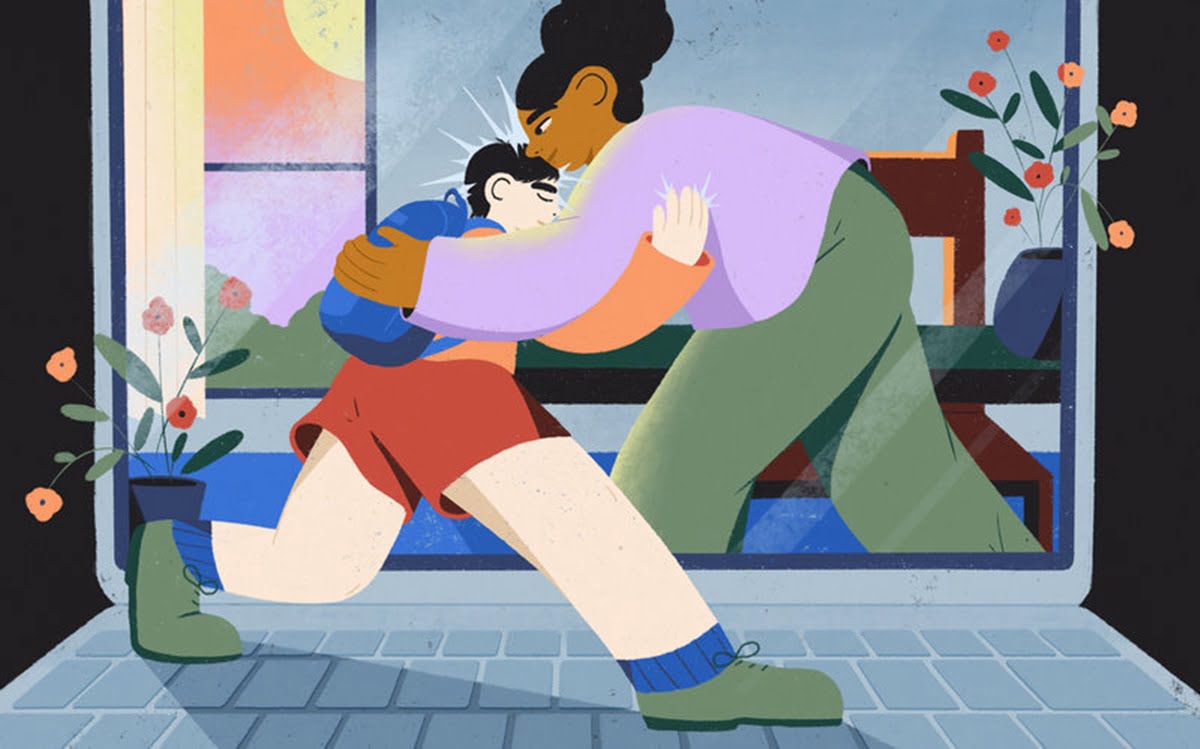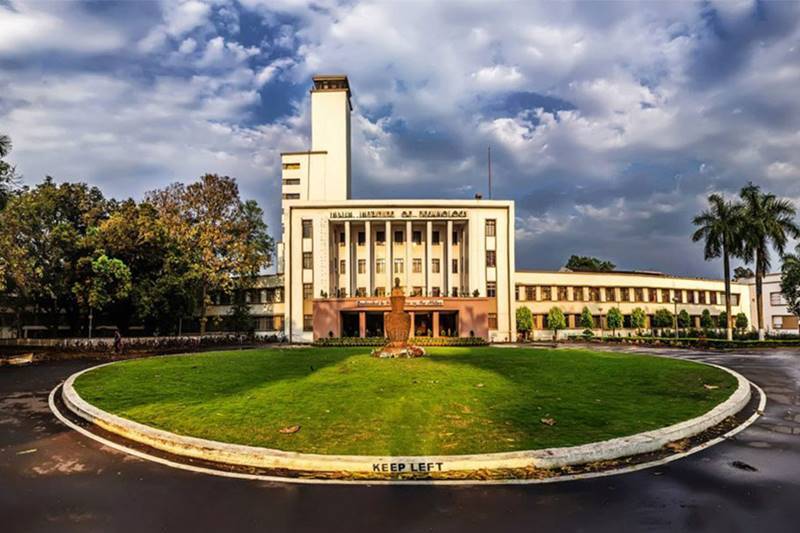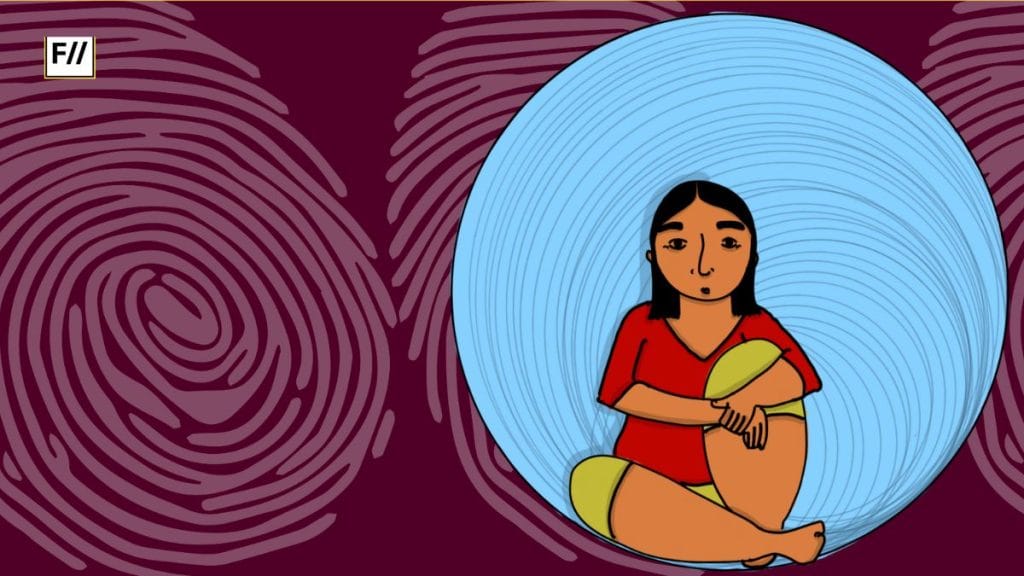TW: Mentions of sexual abuse, assault and related trauma
Disclaimer: This article has been written keeping in mind that the narrative of a survivor of sexual assault and sexual abuse is the first hand account of the experience and it is the survivor who must be solely believed. Writing the complexities of secondary survivors into the discourse on sexual trauma should not be used as an excuse to take away from the trauma of the primary survivor.
The word ‘secondary survivor’ is not a very familiar word used in our everyday vocabulary. Secondary survivors are those who know someone closely or has a loved one who has experienced sexual violence and abuse or know a survivor who has come out to them. A secondary survivor might often recognise symptoms of mental health issues such as depression, anxiety, personality changes. However, it cannot be emphasised upon enough that enabling spaces for secondary survivors to confirm their trauma should not be an attempt in any way to appropriate the first-hand accounts of the primary survivors.

Secondary survivors are those who know someone closely or has a loved one who has experienced sexual violence and abuse or know a survivor who has come out to them.
Secondary survivors of sexual violence often find themselves without adequate support and they may feel guilty which may lead to more traumatic experiences in the future. Being a part of various intersectional feminist activities as well as being an activist myself, I have come across people who have expressed their frustration after listening to sexually violent and abusive encounters. These secondary survivors become angry with themselves, breaking down frequently and easily not knowing how they can best help their loved ones.
Following the norms of the centuries-old patriarchal societal structure, women, trans, queer and other severely marginalised groups are more prominently at the receiving end of gender-based violence and rape culture and at the same time, are also the ones who are not trusted enough when it comes to narrating their experiences. This is why several people face problems sharing their experiences with others unless they are doubly ensured that their experiences will not go out without their consent. The survivors may not want to go to the police, law and to other structural agencies that provide mental health support because of debilitating experiences from the past – wherein, in many cases they would have been denied help or victim shamed. Here is where secondary survivors play an extremely important role in the life of a survivor because even if, for instance, the incident has happened a long time ago, the person who is listening might be the first one, to whom they have opened up and their reaction could be extremely crucial at such a time.
Also read: Dealing With Delay: The Prolonged Experience Of Trauma
As intersectional feminists envision a shift from the feminist movement to an intersectional feminist movement, it is important that as a part of this aim, the issues and concerns of secondary survivors are also addressed and analysed critically. Secondary survivors experience extreme guilt, shame, anxiety, fear, concern, disgust and other feelings because of their utter helplessness and inability to comprehend what will the ‘perfect response’ to a primary survivor sharing their experience with the former. Intimate partners have often experienced desperation in not knowing how to deal with the thought that their most loved one had experienced sexual assault. According to the findings of a relatively recent study in the UK, more than half of the respondents experienced secondary traumatic stress (STS) symptoms and about 11 per cent of the symptoms were in the category of being reported, that is, high or severe range.
Despite the massive gender privileges in the favour of cis-het men in the society, men reporting sexual violence and assault are enormously ridiculed. Men who want every other man to be toxic and hyper masculine like them bully other men. The concept of ‘men will be men’ and other prevalent socially accepted practices of machismo deludes men and forbids them from mobilising against prejudices. Here again, the lack of support rendered to men survivors of sexual violence by the state, the society and peer groups lead them to suffer from trauma that manifest into different disorders and when they finally trust someone enough to open up to them, it could be a harrowing experience for both the primary as well as secondary survivor. Hence, more tools of timely assistance, empathetic state support and transformative justice must be employed.
A secondary survivor can be anybody. Secondary survivors face the dilemma of not knowing what might happen to the survivor next. In many cases the secondary survivor suffer, by draining out emotionally. At the same time, it is important for the secondary survivor to know what best to say without passing judgments on the survivor’s narratives and responses. This could lead them to finding it difficult to channelise their emotions in the future.
Also read: My Experience Of Discussing Childhood Trauma With Family
As intersectional feminists, we must recognise the mental health and other issues faced by secondary survivors, so that they can prepare better for the primary survivor, provide for them a safe and enabling space for venting out. When they are reminded of similar abuse inflicted upon them in the past, they may take the assistance of counselors and psychologists, which could also give them a respite from the constant care giving that they engage in with the primary survivors. While secondary survivors might feel the urgency to help the survivor, it is important to have that conversation with the primary survivor first, to ensure that they are comfortable with such gestures, especially as after sexual assault or abuse, it becomes difficult for many survivors to face immediate exposure and/or confrontation.
While secondary survivors might feel the urgency to help the survivor, it is important to have that conversation with the primary survivor first, to ensure that they are comfortable with such gestures, especially as after sexual assault or abuse, it becomes difficult for many survivors to face immediate exposure and/or confrontation.
So keeping in mind the space of the survivor, it is important for the secondary survivors to stand by the survivor with unconditional support. And at the same time, seeking help without feeling guilty as a way of being kind to one’s own mental health as well.
Nayanika Datta is a final year undergraduate student of Sociology from Jadavpur University with experience in political and gender-based activism for two years now. She is an intersectional feminist with a love for hopeless romantic movies and hot cup of chai. Bashing patriarchy is her favourite everyday thing to do. She can be found on Twitter, Facebook and Instagram.
Featured Image Source: NPR.org




